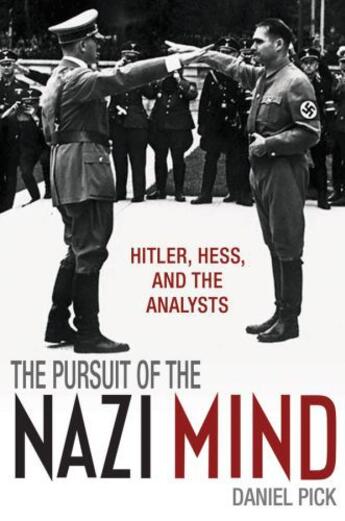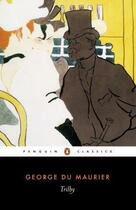-
Nombre de pages : (-)
-
Collection :
(-)
-
Genre :
(-)
-
Thème :
Non attribué
-
Prix littéraire(s) :
(-)
Résumé:
The story of how psychoanalysis was used in the war against Nazi Germany - in the crucial quest to understand the Nazi mind.
Daniel Pick brings both the skills of the historian and the trained psychoanalyst to weave together the story of clinical encounters with leading Nazis and the Allies'... Voir plus
The story of how psychoanalysis was used in the war against Nazi Germany - in the crucial quest to understand the Nazi mind.
Daniel Pick brings both the skills of the historian and the trained psychoanalyst to weave together the story of clinical encounters with leading Nazis and the Allies' broader interpretations of the Nazi high command and the mentality of the wider German public who supported them.
Following the bizarre capture of Hitler's deputy Rudolf Hess in 1941, Pick follows closely the story of how leading British psychiatrists assessed their new charge, in an attempt to understand both the man himself and the psychological bases of his Nazi convictions. At the same time, he uncovers the story of how a team of American officers working for the OSS, the forerunner of the CIA, were engaged in an attempt to understand Hitler's personality from afar, using the theories and techniques of Sigmund Freud.
Drawing upon a large cache of archives on both sides of the Atlantic, Pick asks what such psychoanalytical and psychiatric investigations set out to do, showing how Freud's famous 'talking cure' was harnessed to the particular needs of military intelligence during the war and the task of post-war reconstruction that followed. Looking beyond this, he then shows just how deeply post-war Western understandings of how minds work and groups operate were influenced by these wartime attempts to interpret the psychopathology of Nazism.
Donner votre avis
















